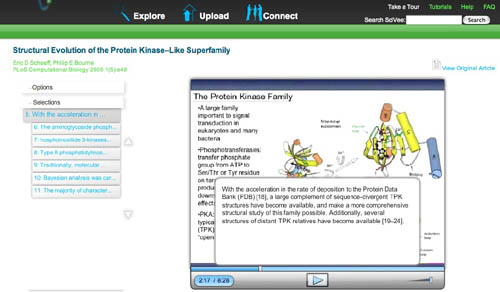The Organization for Transformative Works is a new “nonprofit organization established by fans to serve the interests of fans by providing access to and preserving the history of fanworks and fan culture in its myriad forms.”
Interestingly, the OTW defines itself -? and by implication, fan culture in general -? as a “predominately female community.” The board of directors is made up of a distinguished and, diverging from fan culture norms, non-anonymous group of women academics spanning film studies, english, interaction design and law, and chaired by the bestselling fantasy author Naomi Novik (J.K. Rowling is not a member). In comments on his website, Ethan Zuckerman points out that
…it’s important to understand the definition of “fan culture” – media fandom, fanfic and vidding, a culture that’s predominantly female, though not exclusively so. I see this statement in OTW’s values as a reflection on the fact that politically-focused remixing of videos has received a great deal of attention from legal and media activists (Lessig, for instance) in recent years. Some women who’ve been involved with remixing television and movie clips for decades, producing sophisticated works often with incredibly primitive tools, are understandably pissed off that a new generation of political activists are being credited with “inventing the remix”.
In a nod to Virginia Woolf, next summer the OTW will launch “An Archive of One’s Own,” a space dedicated to the preservation and legal protection of fan-made works:
An Archive Of Our Own’s first goal is to create a new open-source software package to allow fans to host their own robust, full-featured archives, which can support even an archive on a very large scale of hundreds of thousands of stories and has the social networking features to make it easier for fans to connect to one another through their work.
Our second goal is to use this software to provide a noncommercial and nonprofit central hosting place for fanfiction and other transformative fanworks, where these can be sheltered by the advocacy of the OTW and take advantage of the OTW’s work in articulating the case for the legality and social value of these works.
OTW will also publish an academic journal and a public wiki devoted to fandom and fan culture history. All looks very promising.

